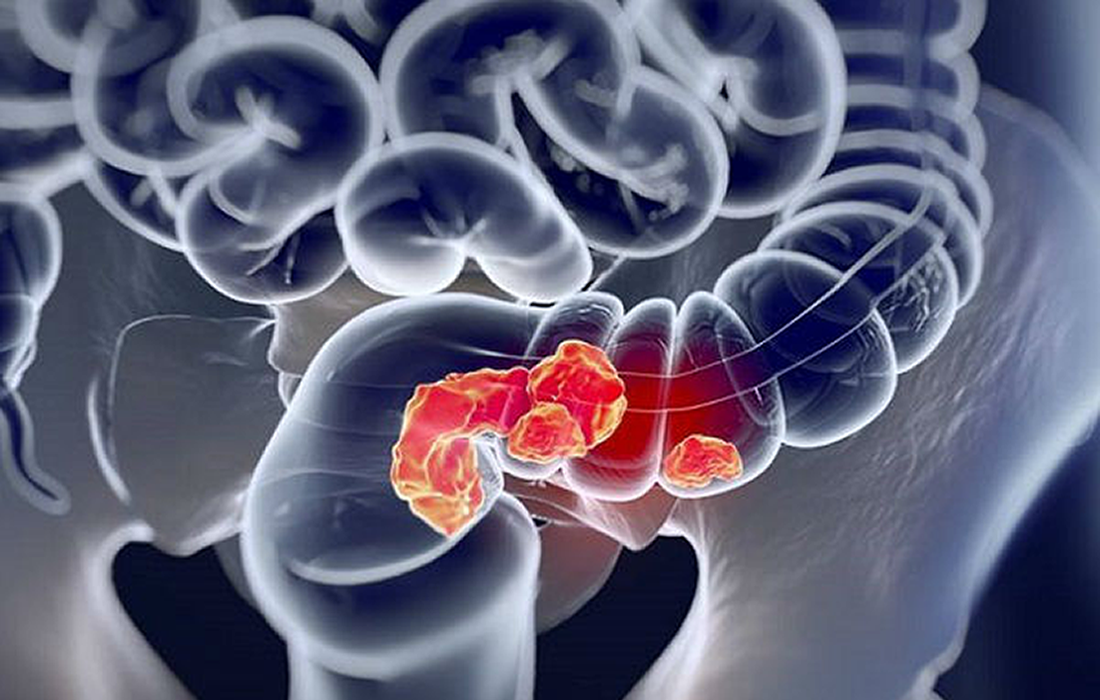Nutrition and Supplements
Vitamin D could protect against colorectal cancer in younger adults
Vitamin D is a type of nutrient that the body produces when a person’s skin has exposure to direct sunlight. People can also consume vitamin D, but it is not naturally present in many foods. High quantities of vitamin D are present in oily fish and certain types of mushrooms. It has multiple health benefits and functions, such as helping keep healthy bone tissue, muscles and nerves, and it also plays an important role in immune system regulation.
According to the National Institute of Health Office of Dietary Supplements (ODS), if a person does not have enough vitamin D in their diet, they are at risk of developing weak bones. Symptoms of this might include pain in a person’s bones or weakness in their muscles. These symptoms can be subtle initially.
There is some research to suggest that vitamin D may contribute to other health benefits, such as:
- Resistance to some cancers
- Cardiovascular diseases
- Diabetes.
- Hypertension.
- Multiple sclerosis.
The RDA of vitamin D for all people aged 1–70 is 600 IU. For children below the age of 1, it is 400 IU, and for adults over 70, it is 800 IU. This assumes that a person has the minimum amount of direct sun exposure.
Scientists have speculated that declines in average dietary intake of vitamin D may be a factor in the increased incidence of colorectal cancer in younger adults. A study has found an association between a higher total intake of vitamin D and lower risk of colorectal cancer in adults under 50 years of age. The findings suggest that encouraging people in this age group to increase their vitamin D intake could provide a cheap, low-risk complement to screening for the disease.
Colorectal cancer is the third most common cancer and the third leading cause of cancer related deaths in the United States. While the incidence of colorectal cancer has decreased over the last 2 decades, the number of younger patients with the disease has increased.
Around 50% of people with early-onset colorectal cancer do not have a family history of the disease or known genetic risk factors, that is why changing lifestyles and diet patterns may play an important role in the increased incidence. Some known risk factors of early-onset colorectal cancer are obesity and sedentary lifestyles.
The researchers suggest that reduced consumption of foods rich in vitamin D, such as dairy products, fish, mushrooms, and eggs, is one of the prime suspects. Several studies have found that vitamin D protects against colorectal cancer overall and also have found that high doses of it can decrease the progression of the disease.
A group of researchers conducted a study examining the association between total vitamin D intake and risks of early-onset colorectal cancer in a group of women. They documented 111 incident cases of early-onset colorectal cancer of a follow up between 1991 to 2015. And found that higher total vitamin D intake was significantly associated with a reduced risk of this type of cancer.
Dr. Kimmie Ng, one of the researchers said: “Our findings suggest that as little as 300 IU per day of vitamin D (approximately 3 glasses of milk per day) may be associated with a 50% decreased risk of young-onset colorectal cancer.”
Source link: https://www.medicalnewstoday.com/articles/vitamin-d-may-protect-younger-adults-against-colorectal-cancer
Source link: https://www.medicalnewstoday.com/articles/324590
Source: Hanseul Kim, et al. Total Vitamin D Intake and Risk of Early-Onset Colorectal Cancer and Precursors. Gastroenterology. July 06, 2021.

